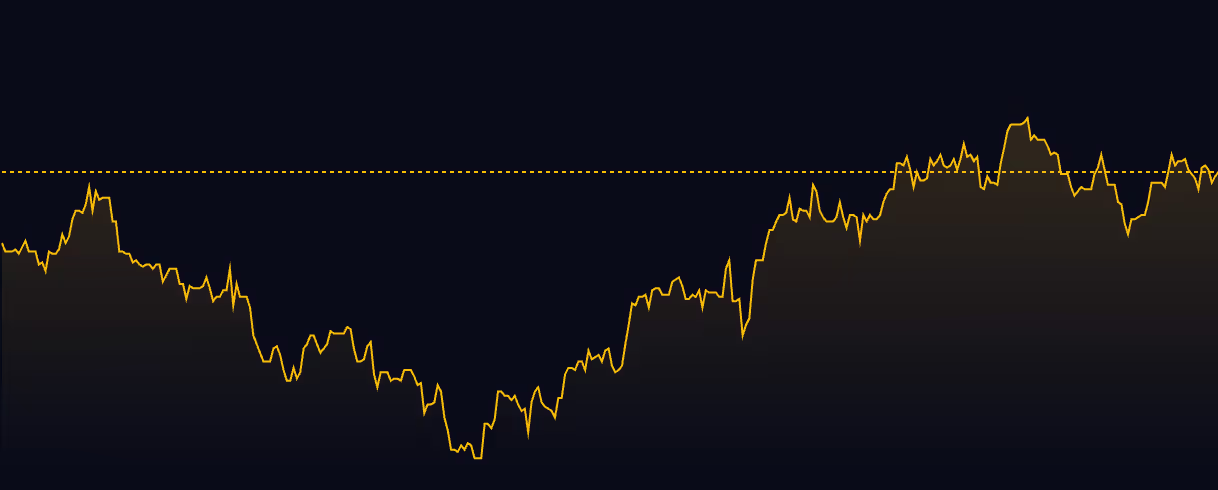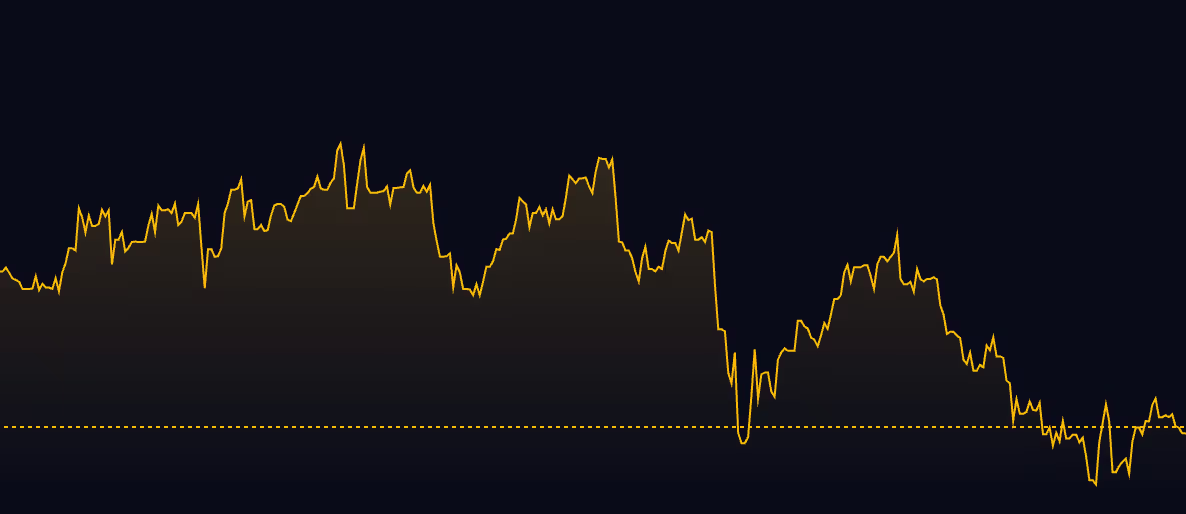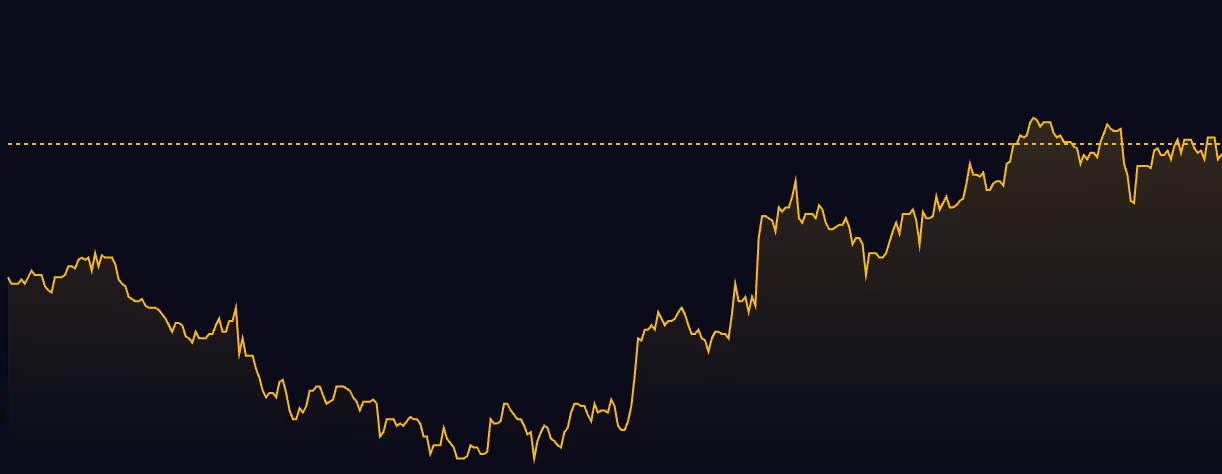When is the next G20 Summit?
The next G20 Summit will take place in Johannesburg, South Africa, on November 22–23, 2025.
The G20 Summit plays a crucial role in global finance, shaping global policies and fostering cooperation and financial inclusion on major economic and geopolitical issues.
G20 Summit attendees include heads of state or government from member countries, along with representatives from the International Monetary Fund (IMF), the World Bank, the United Nations (UN), and other key international organisations.
What is the G20 Summit?
The G20 Summit is an annual meeting of the leaders of the Group of Twenty (G20), a forum of the world’s largest economies, including 19 countries, the European Union, and the African Union. The G20 summit serves as a platform for discussing global economic issues, financial stability, international trade, climate change, and other pressing global challenges.
Where will the next G20 Summit be held?
The next annual G20 Summit will be held in Johannesburg, South Africa. This will be the first time a G20 Summit is held on the African continent.
South Africa assumed the G20 presidency (which rotates annually among the members) on December 1, 2024, with the theme “Solidarity, Equality, Sustainability.” The country aims to highlight issues pertinent to developing nations, particularly in Africa, focusing on inclusive economic growth, food security, and sustainable development.
Recent and upcoming G20 Summits
- 2023 G20 Summit – Hosted by India (New Delhi)
- 2024 G20 Summit – Hosted by Brazil (Rio de Janeiro)
- 2025 G20 Summit – Scheduled to be hosted by South Africa
- 2026 G20 Summit – Planned to be hosted by United States
What is the main objective of the 2025 G20 Summit?
The 2025 G20 Summit will focus on the theme "Solidarity, Equality, Sustainability." The main objectives include promoting inclusive economic growth, tackling food supplies insecurity, leveraging AI (artificial intelligence) for sustainable development, and advocating for climate finance, debt relief, and fair credit ratings for developing nations.
South Africa aims to highlight the needs of the Global South, ensuring that African countries benefit more equitably from global economic progress and natural resources.
What does G20 stand for?
The G20 Summit's main objective is to serve as a forum where member nations and major economies can discuss and address issues with significant global economic impact. These discussions often cover areas such as financial inclusion, trade, investment, financial markets, and global health, among other critical topics that demand collaborative efforts and collective action. Through the exchange of best practices, consensus-building, and international coordination, G20 members strive to foster sustainable economic development and inclusive economic growth.
What are the G20 countries?
The G20 consists of 19 individual member countries and two regional bodies (the European Union and the African Union).
The member countries are: Argentina, Australia, Brazil, Canada, China, France, Germany, India, Indonesia, Italy, Japan, Mexico, Russia, Saudi Arabia, South Africa, South Korea, Turkey, the United Kingdom, and the United States.
See below for all G20 nations and their corresponding central banks:
Who are prominent non-G20 countries?
While the G20 Summit includes many of the world’s largest economies, several prominent non-G20 countries also play important roles in global affairs due to their economic influence, strategic location, or political significance. Some of these include:
- Nigeria - Nigeria is not a member of the G20 but has participated in several G20 summits as an invited guest. As Africa’s most populous country and one of its largest economies, Nigeria is a major regional power and a key player in African Union and global energy markets.
- Egypt - Egypt is not a member of the G20; however, it has participated in several G20 summits as a guest country. Positioned at the crossroads of Africa, Asia, and Europe, Egypt has a large economy and is geopolitically significant, especially in the Middle East and North Africa (MENA) region.
- Vietnam - Vietnam is not a member of the G20 but has been invited to participate in several G20 summits as a guest country. Rapid economic growth, increasing foreign investment, and its role in global supply chains make Vietnam a rising force of economic output in Southeast Asia. Notably, in 2024 under the Brazilian presidency, Prime Minister Phạm Minh Chính led a high-ranking delegation to attend the G20 Summit in Rio de Janeiro. This marked the fifth time Vietnam was invited to a G20 Summit and the first attendance by Prime Minister Chính.
- Ukraine - While not a major economy or member of the G20, Ukraine has become globally significant due to geopolitical tensions and its role in global food security and energy security, and has been invited to participate in specific G20 summits as a guest country.
In 2022, under Indonesia's G20 presidency, Ukrainian President Volodymyr Zelenskyy was invited to attend the G20 summit in Bali. However, Zelenskyy indicated that Ukraine would decline the invitation if Russian President Vladimir Putin attended the G20 summit.
In 2023, under India's G20 presidency, Ukraine was not invited to the summit. Indian officials stated that the list of guest countries had been predetermined and did not include Ukraine. This decision was interpreted by some as India's effort to maintain a neutral stance amid the ongoing conflict between Russia and Ukraine.
- Switzerland - Known for its financial sector and neutrality, Switzerland is a global hub for diplomacy and international institutions. As such, Switzerland has participated in several G20 summits, but as an invited guest country, not as a G20 nation. In 2017, Switzerland's Finance Minister, Ueli Maurer, attended the G20 in Hamburg, marking the first time a Swiss representative participated in a G20 summit.
- Bangladesh - Bangladesh is not a member of the G20 but has participated in G20 summits as an invited guest due to its position as one of the fastest-growing economies in Asia. In 2023, under India's G20 presidency, Bangladesh was invited to attend the G20 held in New Delhi. This marked Bangladesh's first participation in a G20 summit.
- United Arab Emirates (UAE)- The United Arab Emirates (UAE) is a growing financial and trade centre in the Gulf, with significant investments and influence across the globe. However, the UAE is not a member of the G20 but has participated in several G20 summits as an invited guest.
The UAE's participation in the G20 summit process underscores its commitment to contributing to global economic resilience and inclusivity. For instance, during its guest participation, the UAE has focused on aligning the G20 summit agenda priorities with climate agendas and initiatives like COP28, demonstrating its proactive role in addressing global challenges.
Additionally, the UAE has been invited to participate as a guest country in the upcoming 2025 G20 Summit in Johannesburg. This marks the UAE's continued engagement in the G20 process, highlighting its strategic position and proactive presence in global economic discussions.
Where is the G20 Summit 2025?
The next G20 Summit will be in Johannesburg, South Africa. However, in the lead-up to the Summit, various preparatory and ministerial meetings are being held both in South Africa and virtually. Notably, the G20 Foreign Ministers' Meeting is scheduled for February 20th – 21st, 2025, in Johannesburg.
The previous summit (the 2024 G20 Summit) was held in Rio de Janeiro, Brazil.
Who attends the G20 Summit?
The G20 is attended by a wide range of high-level officials from its member countries, making it a key forum for finance ministers, central bank governors, and heads of state. Each country typically sends its prime minister or president to represent national interests and participate in high-level discussions on global economic cooperation and political issues.
In addition to the heads of state, the G20 Finance Ministers and central bank governors play a crucial role in the summit. These G20 Finance Ministers are responsible for shaping financial policies, addressing economic risks, and coordinating strategies to promote global stability and growth. The involvement of G20 Finance Ministers makes the summit a critical platform for economic collaboration and crisis response.
The G20 also includes meetings of other key officials, such as foreign ministers and G20 Trade Ministers, who gather to discuss international cooperation on diplomacy, trade, and investment. These ministers contribute to shaping global standards and agreements that impact everything from supply chains to financial institutions to climate policy.
Together, the presence of G20 Finance Ministers, foreign ministers, G20 trade ministers, and prime ministers underscores the G20’s role as a powerful global platform for policy coordination across economic, political, and social domains.
Who are the G20 Finance Ministers?
G20 Finance Ministers are the government officials responsible for a country's financial and economic policies, representing their nation in G20 meetings. These G20 Finance Ministers collaborate with central bank governors to discuss global economic issues, coordinate policy responses, and promote financial stability.
What is the main purpose of G20?
The G20 meeting brings together the world’s largest economies to discuss key global economic governance and financial issues. Its primary goal is to promote international cooperation, global economic stability, and sustainable growth.
G20 nations' leaders focus on enhancing international trade, encouraging open and fair investment, and strengthening financial systems. They also coordinate responses to global challenges like climate change, reliance on fossil fuels, health crises, and energy security. The meeting provides a platform for sharing best practices and fostering inclusive growth, development, and social inclusion. By working together, G20 members aim to create policies that benefit the global economy and ensure prosperity for all.
This publication is intended for general information purposes only and should not be construed as financial, legal, tax, or other professional advice from Equals Money PLC or its subsidiaries and affiliates.
It is recommended to seek advice from a financial advisor, expert, or other professional. We do not make any representations, warranties, or guarantees, whether expressed or implied, regarding the accuracy, or completeness of the content in the publication.




















